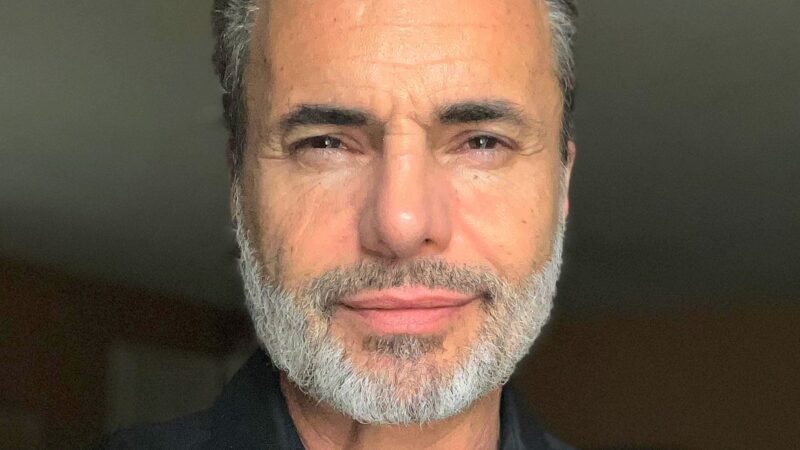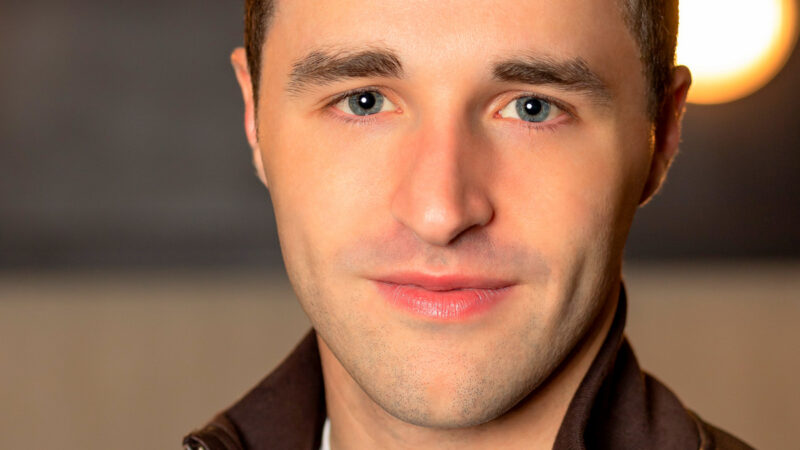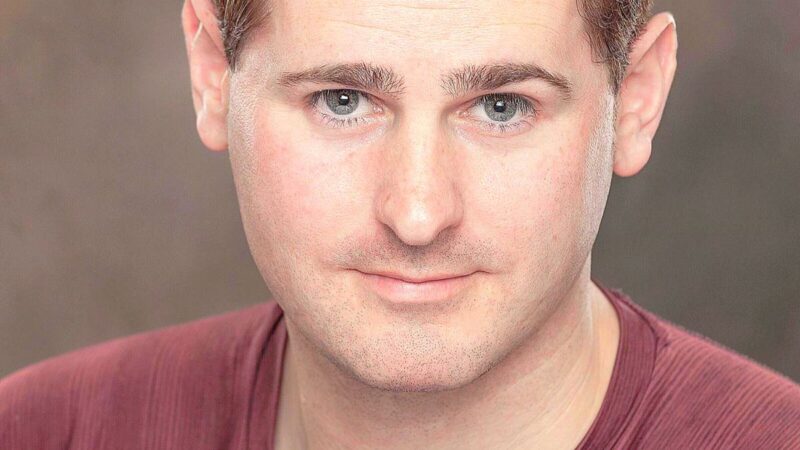
Jessica Chastain is a sparkly beauty from the inside out. Sitting across from her in the basement of Manhattan’s Crosby Hotel, her red hair is cut in Cleopatra bangs that drape her fair, flawless skin. Her hands, expressive but child-sized, give away how tiny she really is. But the focus of the 37-year-old actress — who counts movies like The Help, Zero Dark Thirty and Mama among her credits — is anything but dainty. Her latest project, in which she costars with James McAvoy, is called The Disappearance of Eleanor Rigby. It’s a daring three-part film that tells — from multiple perspectives — the story of a marriage collapsing under the grief of a baby’s death. In our conversation, the two-time Oscar nominee is lively and passionate.
Grief – and how people grieve differently – seems to be the central theme of Eleanor Rigby…
Yes, absolutely. Not just how people grieve differently, but how men and women grieve differently. And also: How you can love someone so completely, where they, like, fill you, but not be able to communicate with them, and how that can be the actual straw that breaks the back.
In a marriage, it can be hard when tragedy strikes, to deal with it together.
Yeah, well, to be on the same team. What does the other person need? I did a lot of reading where writers had written about their experiences of loss, and what had happened in their marriage after having [lost a child]. It was devastating. One thing I found fascinating was a pattern in which some women grieved— it was usually about self‑hate, guilt, and wanting to change something. Change their life, or move away from their history, their past. And the way that men dealt with the grief, was trying to fix it: Like, put some glue on it, and fix the problem. And because [these couples] are approaching this problem from different objectives, and in different ways, there’s this inability to communicate, and to actually help the other person.
This year has been especially painful for you, with the untimely deaths of Robin Williams and Philip Seymour Hoffman. Both were pivotal in your life: You went to Juilliard on a scholarship paid by Williams, and played Desdemona opposite Hoffman’s Othello. Can you talk a little bit about those men?
What’s so devastating to me is that I feel like there’s still a stigma in this world about depression. And if they’re really honest about it, most great artists have — can have depressive personalities, and they can have these incredible highs and incredible lows. But yet, some are not giving these artists the freedom to express it, and to talk about it as it’s happening to them. Not as it’s happening to a character. And I’m hoping that [Robin William’s death],starts to change the dialogue, because a lot of people were saying: ‘We’re blaming him, Robin Williams for his suicide.’
[Related: The review of Interstellar]
It’s a dark side of celebrity culture that reflects a wider attitude.
To me, that shows that we have a long ways to go. I’m thinking that if someone is dealing with depression, you can’t trust that person to reach out to you in a society that doesn’t really welcome that. So, that’s what I’m hoping changes with organizations that deal with suicide prevention and depression. There’s this particular organization called To Write Love on Her Arms — this one starts in high schools, where it’s especially difficult dealing with bullying, for people discovering their sexuality. There’s so much happening in high schools. I’m really passionate about this organization, and it’s just newly come into my life.
How did you hear about this organization?
I started searching online. I never talk about this, and I can’t believe what I’m going to say right now — I know my publicist is going, “What are you talking about?” But I do have — my sister killed herself. And that is in my history. So, for me, suicide is a very important issue. If I can do anything to help someone move through any darkness that they’re in, I’m gonna do whatever I can to help. It’s so important to begin the conversation when they’re in high school, because that’s when we’re getting programmed as to what’s acceptable in society. It should be acceptable to talk about your feelings.
Two years ago, we discussed Zero Dark Thirty, and how playing CIA officer Maya — a role that got you an Oscar nomination —inspired you offscreen.
Maya was definitely an inspiration to me. I could connect to the idea of being in love with work, and the obsession of it. I’ve reached a different point in my life now. Since the beginning of February 2010, I’ve been going nonstop. And I’ve gone from one kind of dark character to another. At the beginning of this year, I did Crimson Peak with Guillermo del Toro, and J.C. Chandor’s film The Most Violent Year at the same time. I decided I needed a break. And any fears that I had had before — that I can’t stop, that I love it so much, that I don’t want it to go away — I had to overcome. You know what? I can’t be an actor unless I’m allowed to fill up myself. Now, I like feel like a different person. I haven’t worked since the beginning of May. I have nothing scheduled. It’s good to be able to spend time with my family, looking them in the eye, and being with them when they’re not visiting me on a set , whenI have the distraction of a character I’m playing.
[RELATED: Adams on Reel Women: Jessica Chastain Talks Being Fearless like John Wayne in ‘ZD30′]
We haven’t discussed the other major movie you have coming out this fall, Christopher Nolan’s Interstellar. Are details still top-secret?
I can tell you I saw my costar Matthew McConaughey on Saturday. In his own words, the movie is an “event.” He said he cried three times when he had seen it recently. I’m so excited about my character. She really moved me. And working with Christopher Nolan, it makes sense why people lose their breath around him. He is the real deal, full-stop, technically. And also he’s the kind of director that, when giving an acting note, makes your performance better. He doesn’t just insert himself to do it. He actually makes you better. He’s an actor’s director.
This interview was completed by Thelma Adams







